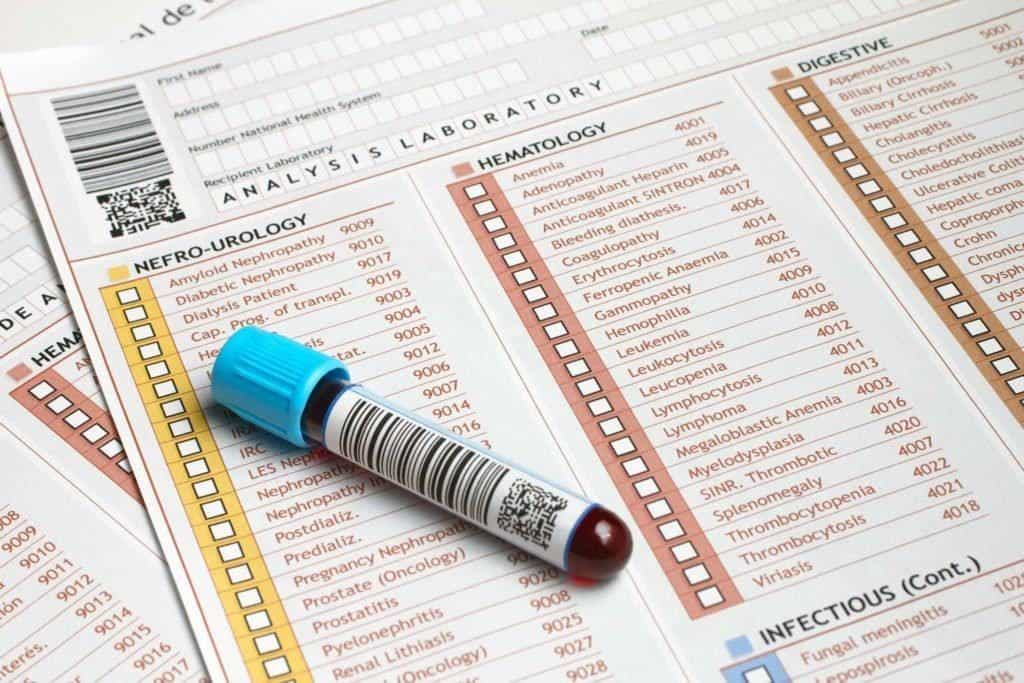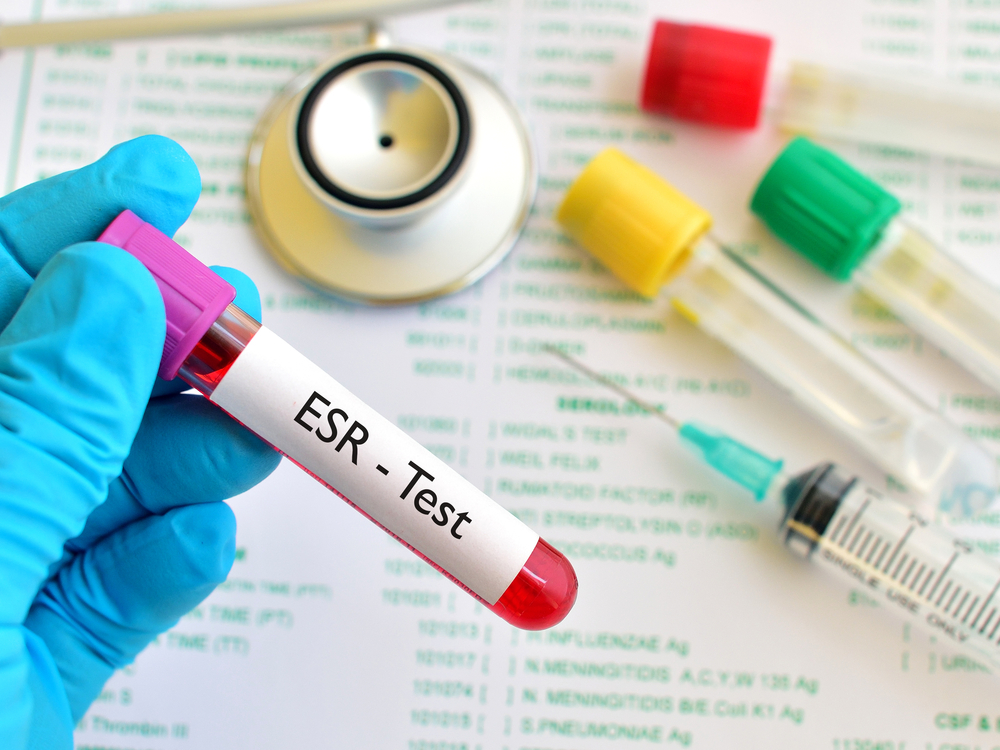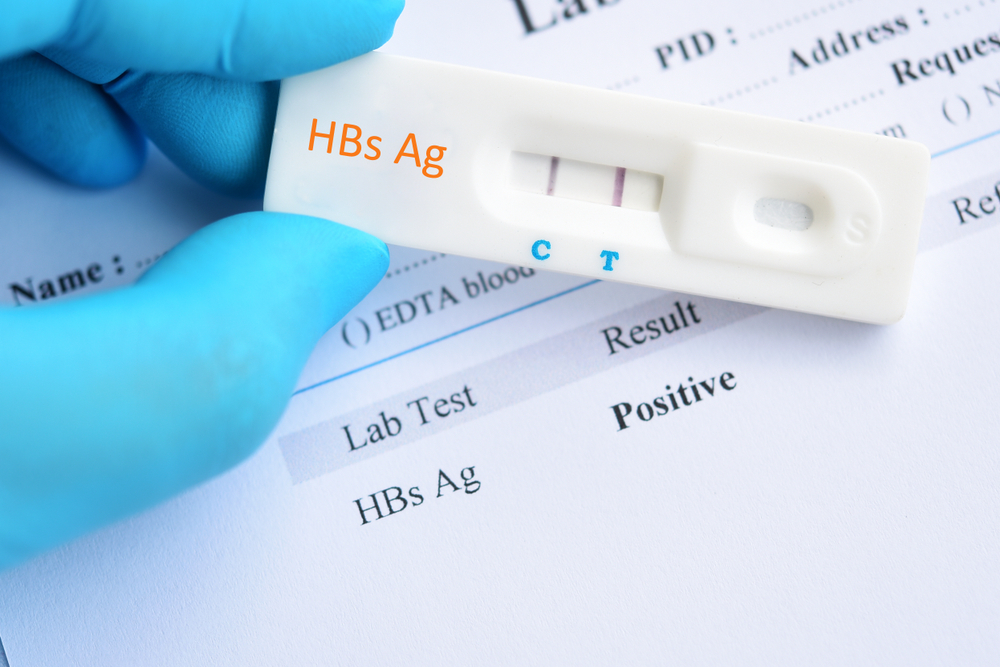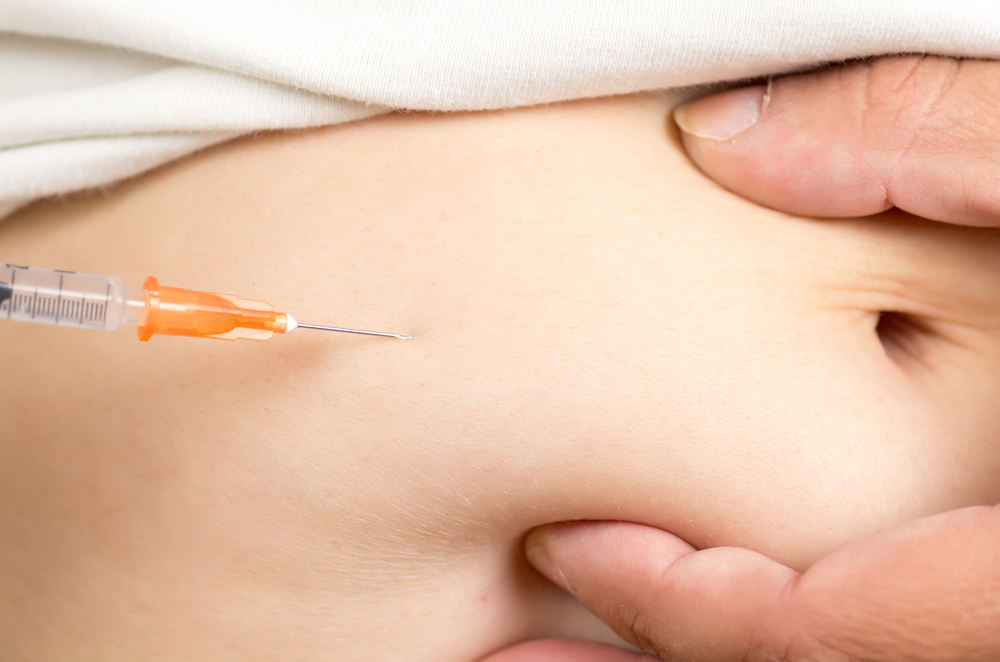Contents:
- Medical Video: Dr. Sarah Hallberg on C-peptide and taking insulin
- What is a C-peptide insulin test?
- Who needs to undergo a C-peptide insulin test?
- How do I prepare for the C-peptide insulin test?
- What is the procedure for a C-peptide insulin test?
- What are the risks of a C-peptide insulin test?
- What are the results of the C-peptide test?
Medical Video: Dr. Sarah Hallberg on C-peptide and taking insulin
A C-peptide test is a blood test that is done to find out how much insulin your body produces. This test will be useful to determine whether you have type 1 or type 2 diabetes, or whether you suffer from insulin resistance.
What is a C-peptide insulin test?
Insulin is a hormone that is responsible for lowering the level of glucose (sugar) in the blood. Insulin is produced by beta cells (special cells in the pancreas). When we eat, our body begins to break down food into glucose and other nutrients.
In this case, the pancreas produces insulin, which allows cells to absorb glucose from the blood. C-peptide is a by-product made when insulin is produced. Therefore, measuring the amount of C-peptides in the blood shows how much insulin is produced. Generally, high production of C-peptides indicates high insulin production, and vice versa.
Who needs to undergo a C-peptide insulin test?
The C-peptide insulin test (or just a C-peptide test) is used to monitor insulin production in the body and determine the cause of hypoglycemia (low blood sugar). This test is often offered to someone newly diagnosed with type 1 diabetes, to reveal how much insulin the pancreas produces. This test is also sometimes used to distinguish between type 1 and type 2 diabetes, if the doctor is not sure what type of diabetes is experienced. This test can also provide information about how well the beta cells perform in the pancreas.
Tests can also be performed on patients who experience symptoms related to hypoglycemia in the absence of type 1 or type 2 diabetes. In this case, the body can produce too much insulin. Symptoms of hypoglycemia include:
- Sweating
- Heart palpitations
- Excessive hunger
- Anxiety or irritability
- Confusion
- Blurred vision
- Fainted
- Seizures and / or loss of consciousness
How do I prepare for the C-peptide insulin test?
The preparation needed to undergo a C-peptide insulin test depends on the age and reason for the examination. In some cases, you may be asked to fast for 12 hours before the test. Fasting requires you not to eat or drink anything, except water before the test. You may also need to stop taking certain medications. Your doctor will provide specific instructions based on your particular medical needs.
What is the procedure for a C-peptide insulin test?
The C-peptide insulin test requires a blood sample given by a qualified doctor or nurse. Blood is taken from a vein, usually in the arm or from the back of your hand. The procedure can cause a little pain, but it is temporary. Blood will be collected in a tube and sent to the laboratory for analysis.
Usually the results will be available in a few days. Your doctor will be able to provide more information about the results and what they mean. Generally, the normal results for C-peptides in the bloodstream are between 0.5 and 2.0 ng / mL (nanograms per milliliter). However, the results of a C-peptide insulin test can vary based on the laboratory.
What are the risks of a C-peptide insulin test?
The C-peptide insulin test can cause some discomfort when a blood sample is taken. Common side effects include temporary or throbbing pain at the injection site. Common side effects include:
- Difficulty in obtaining samples. You may have to be injected many times.
- Excessive bleeding at the injection site
- Fainted due to blood loss
- Blood accumulation under the skin, known as a hematoma (bruise)
- Infection at the needle injection site
What are the results of the C-peptide test?
C-peptide test results are classified into three ranges, namely:
Normal range
The normal range for the C-peptide test is 0.51-2.72 nanograms per milliliter (ng / mL). This range can also be expressed as 0.17-0.90 nanomoles per liter (nmol / L).
The following information only functions as a guide. Your doctor must be able to tell you what the test results are shown.
Low score
Low levels of C-peptides and high blood glucose levels can be an indicator of type 1 diabetes. Low levels of both C-peptide and blood glucose can indicate liver / liver disease, severe infections, or Addison's disease.
High score
High levels of C-peptides with low blood sugar levels can be an indication of insulin resistance, type 2 diabetes, or Cushing's syndrome.
High levels of C-peptides but low blood glucose levels may be a result of insulinoma (pancreatic tumor), except for the effect on the results of glucose-lowering drug drugs.












